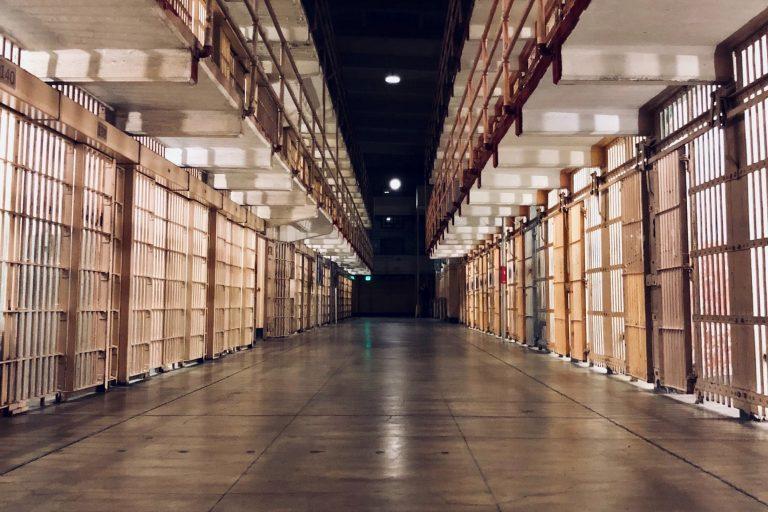

Tuana Helvacioglu
Class of 2025Moorestown, New Jersey
About
Hello, my name is Tuana Helvacioglu. I am interested in understanding more about mental health disorders from a biochemical perspective. Specifically, I want to learn about the neurochemical imbalances associated with different disorders such as depression and anxiety through the transmission of primarily dopamine and serotonin. With my mentor's assistance, I plan to review clinical studies, research papers, and medical case reports to understand how environmental conditions within prisons can exacerbate pre-existing symptoms of psychiatric disorders.Projects
- The Psychological Impact of Incarceration with mentor Olivia (Apr. 13, 2024)
Project Portfolio
The Psychological Impact of Incarceration
Started Jan. 15, 2024

Abstract or project description
The primary goals of incarceration in the US are to provide safe and secure confinement of inmates and to provide resources to foster rehabilitation (Kifer et al., 2003). However, recidivism rates remain alarmingly high. This review investigates the role of prison conditions, specifically overcrowded housing, social isolation, and lack of mental stimulation, in exacerbating mental health issues among inmates and hindering reintegration into society. By drawing upon neuroscience research and psychological studies, we explore how these specific conditions affect the neurological system, specifically neurotransmitters. Studies using rodent models of psychiatric conditions and stress, are utilized to help explain why certain symptoms may arise in incarcerated individuals. Overcrowded housing, often leading to elevated stress levels, has been linked to changes in neurotransmitters associated with mood regulation, while social isolation in the form of solitary confinement can lead to a loss of self-identity and exacerbate symptoms of post-traumatic stress disorder. Furthermore, lack of mental stimulation can worsen negative emotions that one may be experiencing at any moment, also leading to a general loss of self identity. By specifically identifying damaging prison conditions and connecting them to concerning changes in neurological function, society can more explicitly see the recurring issues in modern facilities. Such reforms are essential not only for promoting successful rehabilitation and reducing recidivism but also for upholding basic standards of human dignity and well-being within correctional facilities.